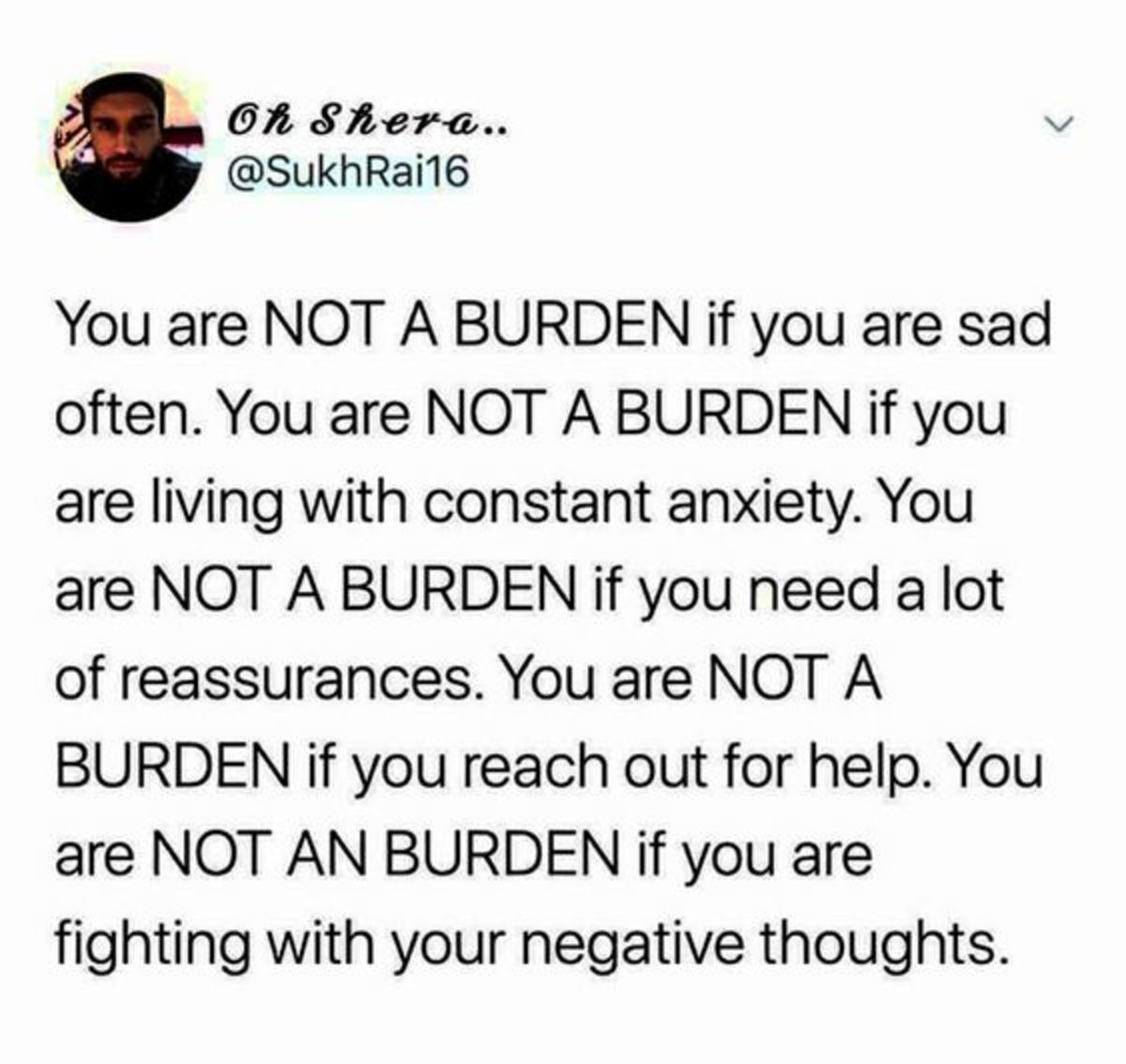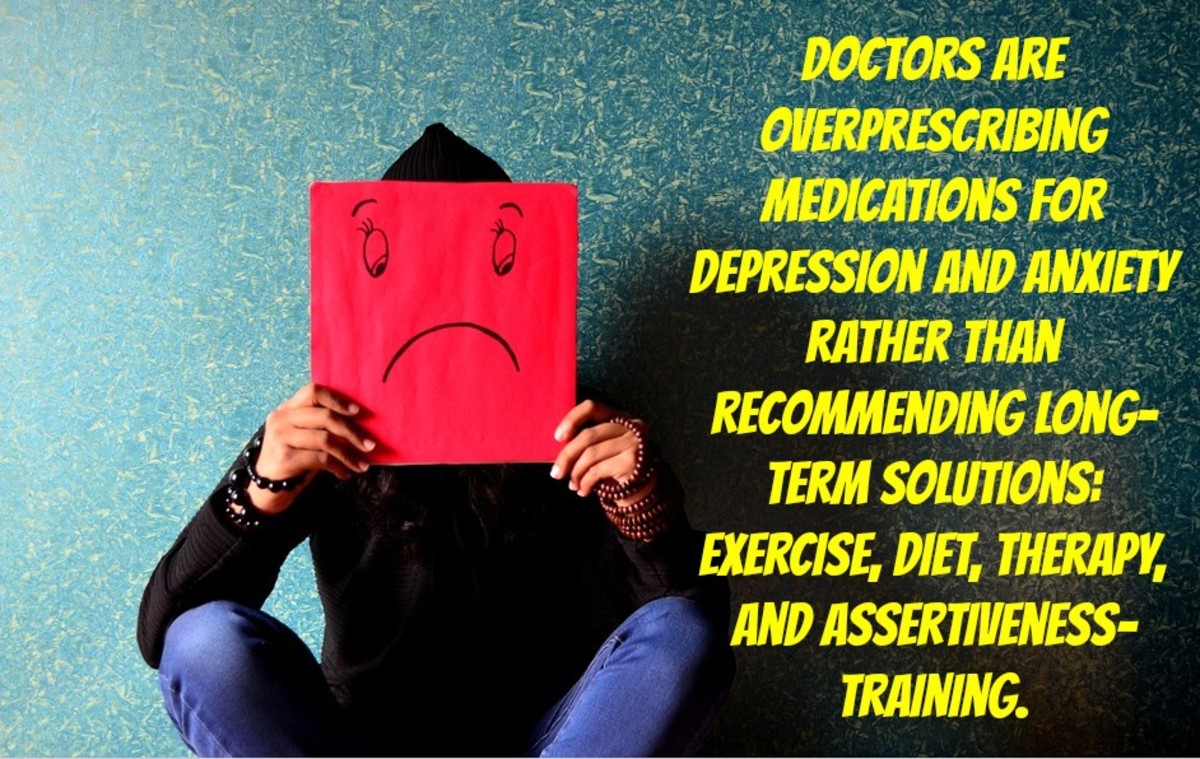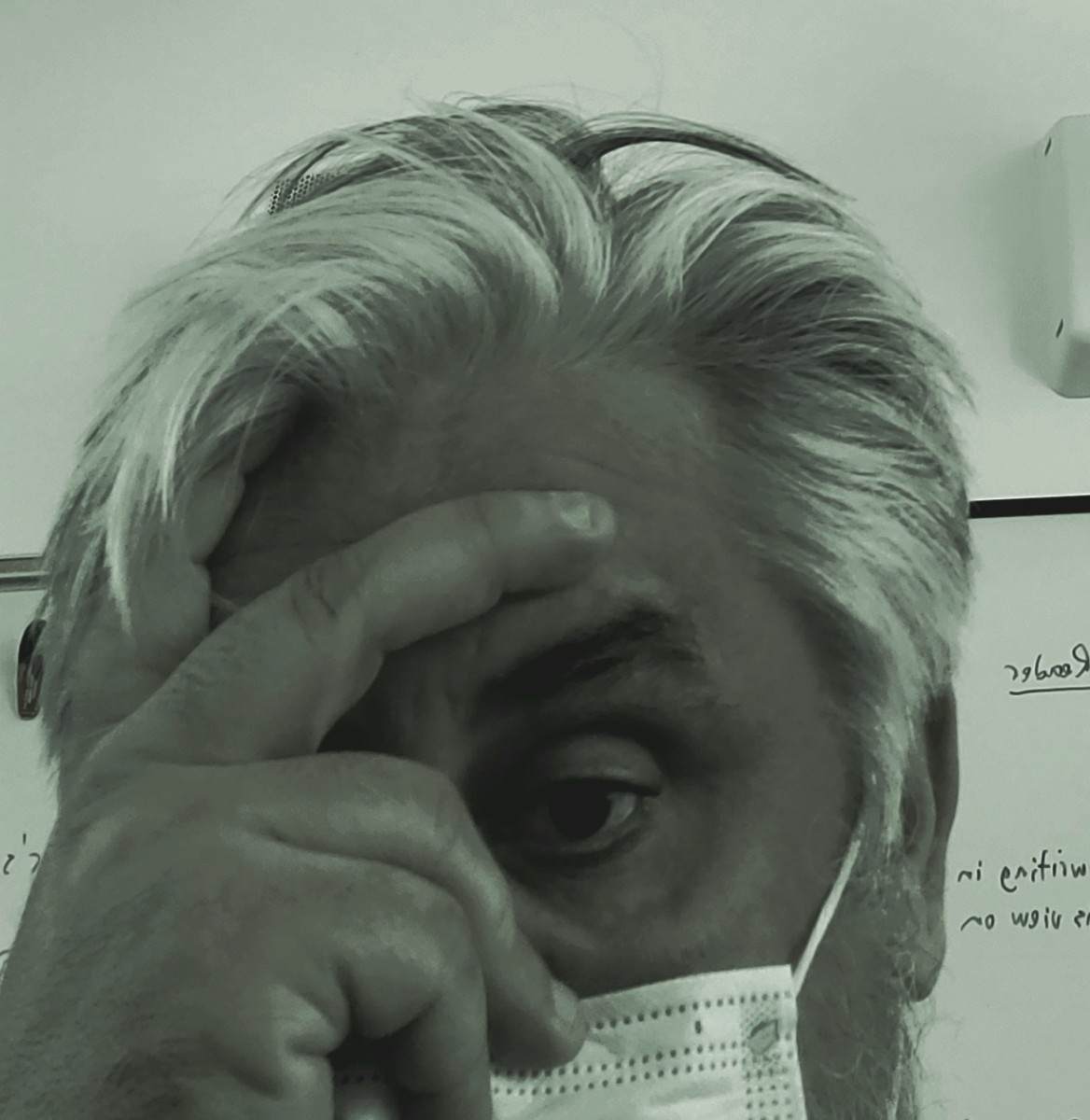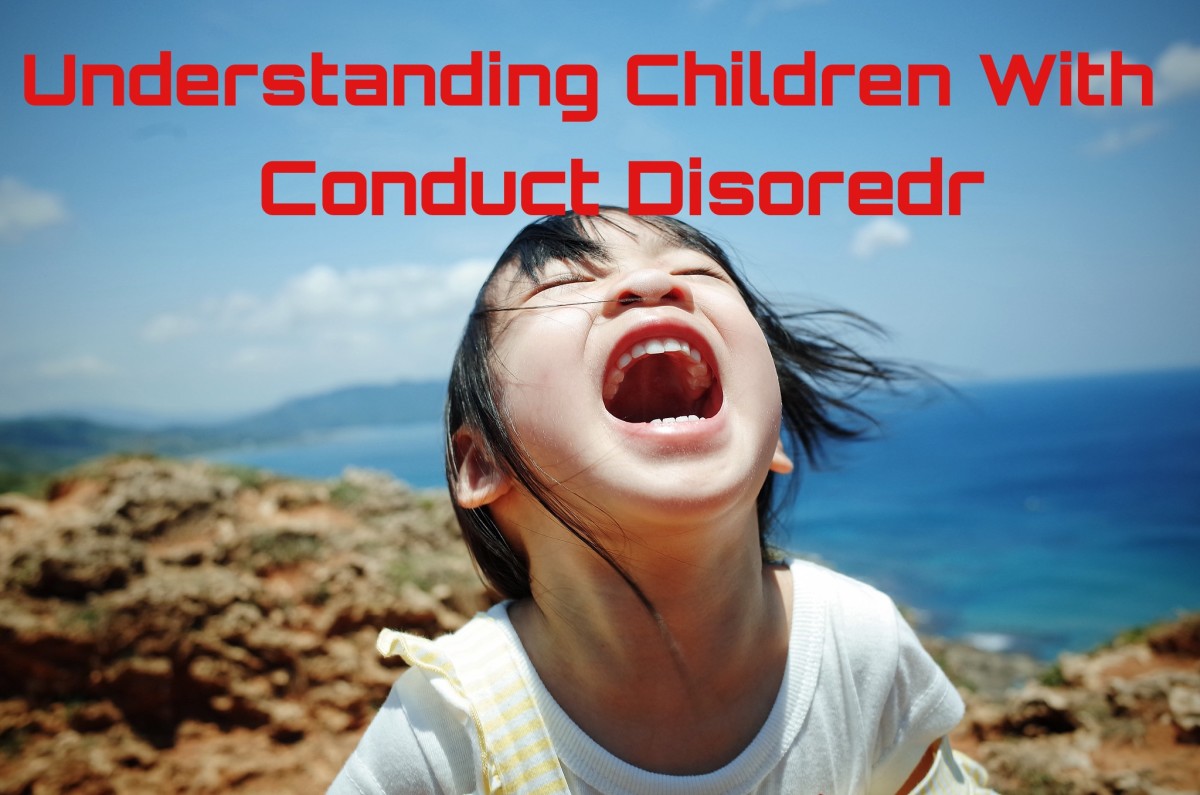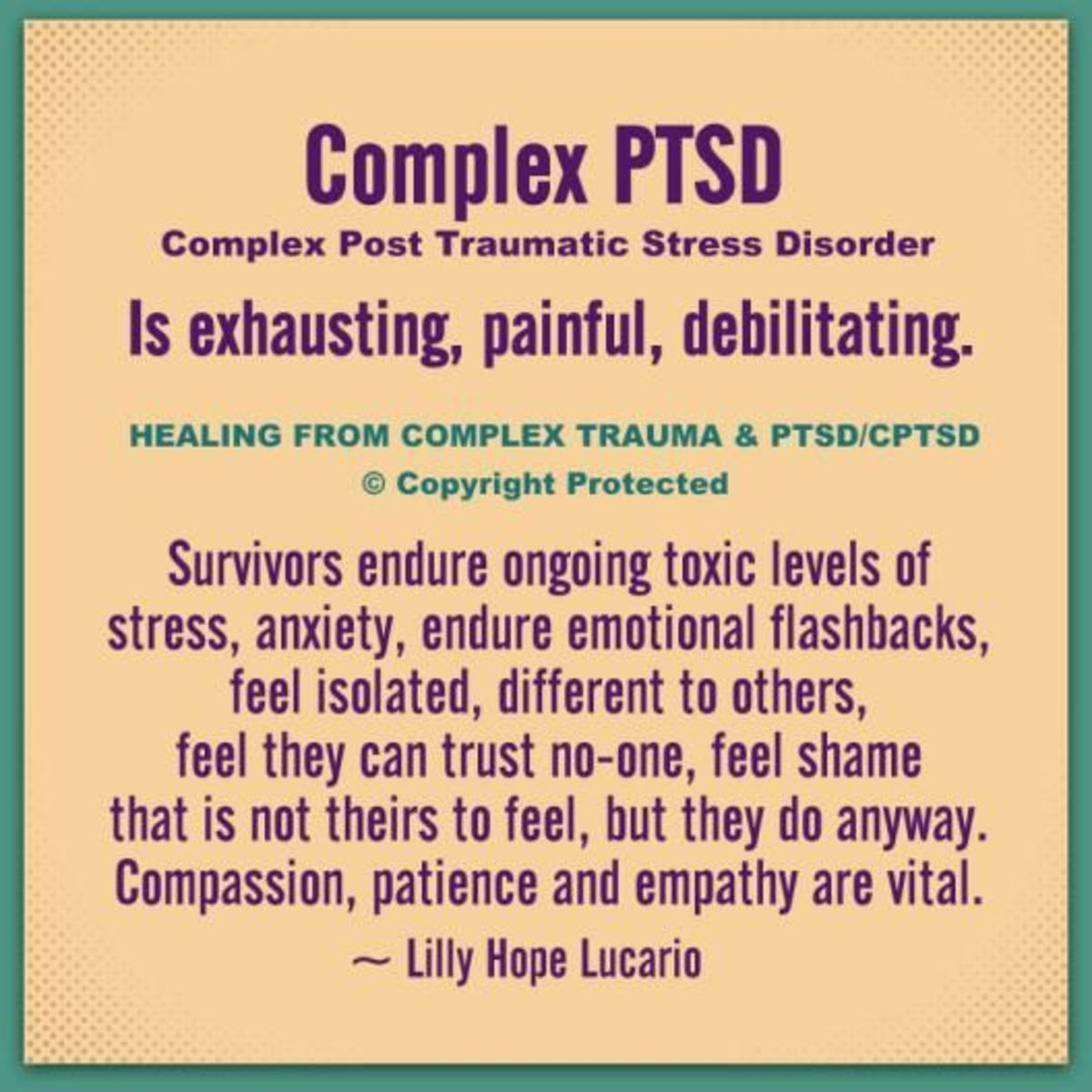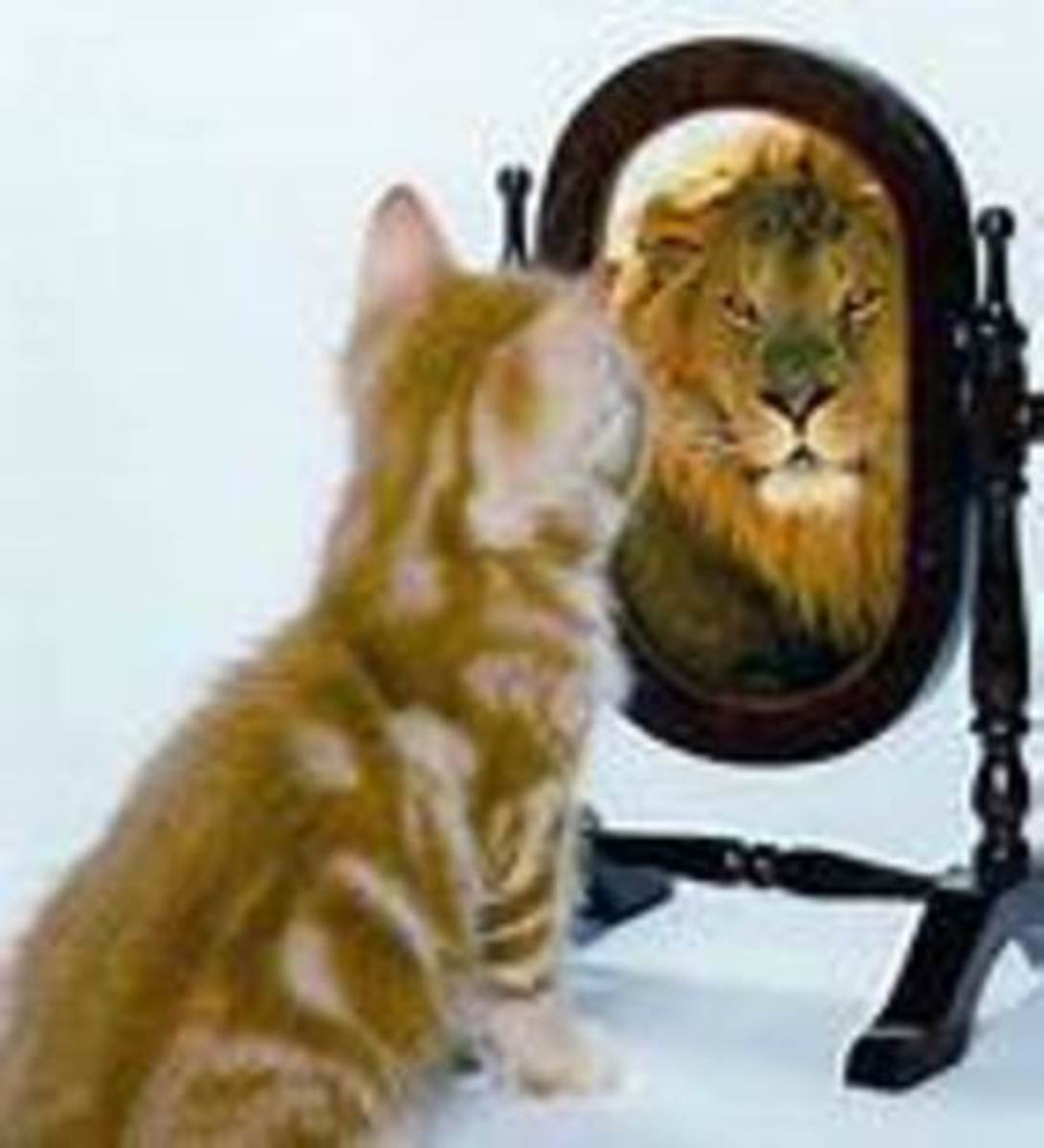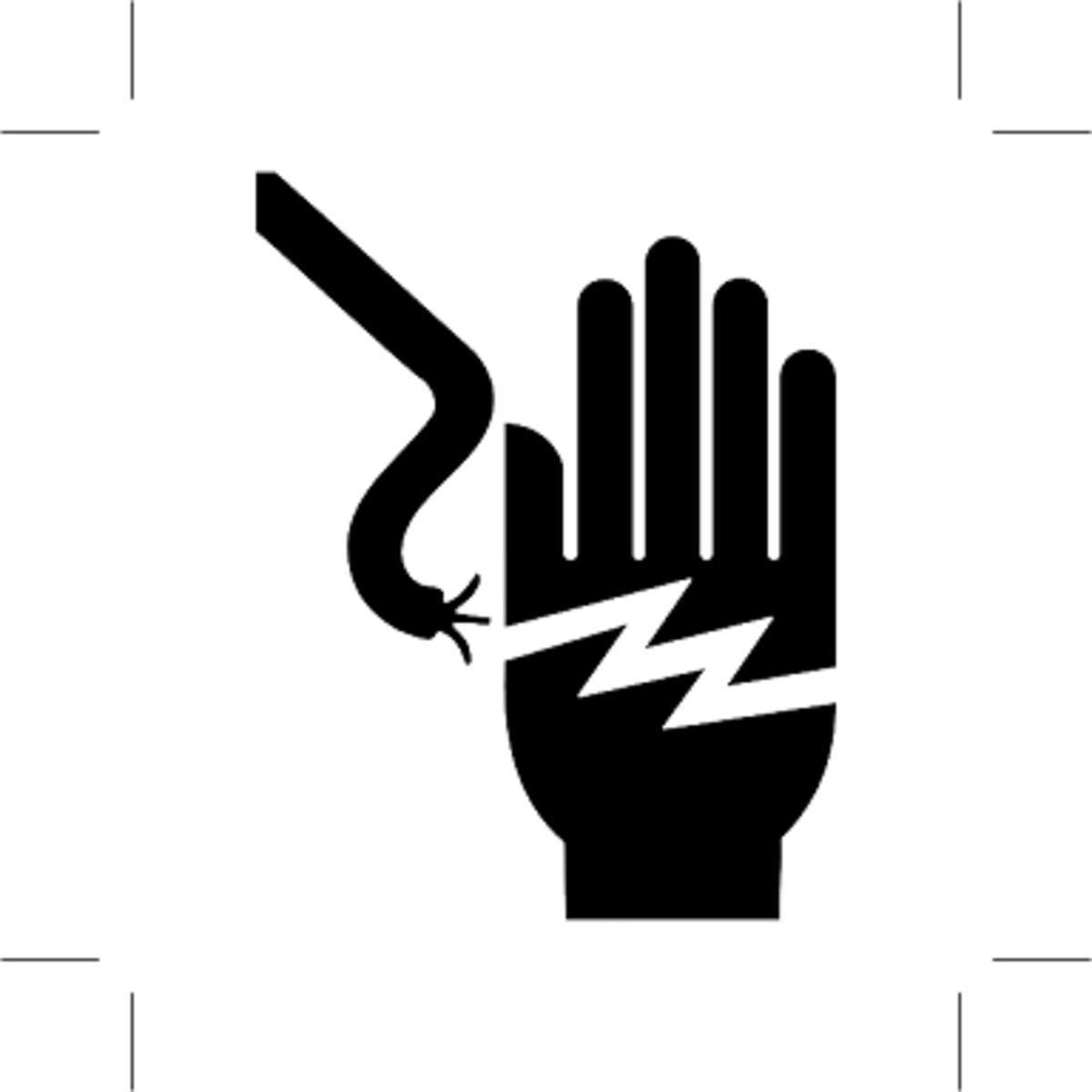Social Anxiety Disorder

Social Anxiety Disorder or Social Phobia: Causes, Symptoms, and Treatments
Social Anxiety Disorder or Social Phobia can impact your entire life. This page is dedicated to the topic of Social Anxiety Disorders. I have included a working definition of the term Social Anxiety Disorder, types of the disorder, classic symptoms and treatment options. I have also included a list of free online resources for Social Anxiety Disorder as well as a list of good reference books.
Through this page we will study the nature/nurture debate, learn about community, goal setting and more.
Scroll down to view the table of contents for full details.
SAD Stats
According to the book, "Dying of Embarasment: Help for Social Anxiety & Phobia" Social Anxiety Disorder affects 2-3% of the population in the United States of America, making it the second largest anxiety disorder.
Social Anxiety Disorder Reference Books
What is Social Anxiety Disorder?
Social Anxiety Disorder definition
Social Anxiety Disorder is the intense fear of social situations. Everyone is nervous about social interactions from time to time, but the social anxiety disorder sufferer will not just be nervous in social situations they will experience high levels of anxiety that makes it difficult, if not impossible, to interact in a social setting. Most of the social phobics time will be spent focussing on how uncomfotable they feel.
I remember reading one analogy a few years ago that stuck with me. Social anxiety disorder is like you are wearing a gossamer dress. You feel almost naked and that people are looking at you, and judging what they see. You feel paralyzed with fear that they are judging you. In the midst of the anxiety you feel like all your flaws are exposed for the world to see. They can see that you are less than anyone who you come in contact with.
Social Anxiety Disorder Poll - Secret Ballets
What is your relationship with Social Anxiety Disorder?
Is Social Anxiety Contagious?
First let's put the record straight. Social Anxiety Disorder is not contagious.
There are two schools of thought on what causes social anxiety disorder. Like most other mental disorders the debate come down to nature or nurture.
Nature suggest that the building blocks for the disorder are passed down by your parents; though, having the gene doesn't mean that you will necessarily develop the disorder.
Nurture suggests that the disorder develops because of learned behavior. You learn from the people around you. If your role model was anxious in social situations or avoided them all together you can come to fear them yourself.
I'm a proponet for a combination of the two factors. I think they both play apart in whether a person develops social anxiety disorder. What do you think?
Types of Social Anxiety Disorders - Which type do you have?
- Generalized Social Anxiety Disorder
The generalized social anxiety sufferer has uneasy feelings of social situations in general Any social situation gives this person pause and anxiety. Because all social situations are equally feared Generalized Social Anxiety Disorded sufferers are more likely to have poor social skills.
- Specific Social Anxiety Disorder
The specific social anixety sufferer will have a fear of a specific social situation. They could have a fear of writing in front of people, eating in front of people or public speaking (or they can fear any number of other social situations.)
Is the cause of social anxiety more nature or nurture?

Social Anxiety Disorder Symptoms - Do you have these symptoms?
If you think you might have social anxiety disorder you can fill out a yes and no questionaire and print it out to take to your physician. To fill out the form click Social Anxiety Disorder form .
You can classify social anxiety disorder symptoms into 3 different categories.
3 Types of Symptoms
- Behavioral Symptoms
These are the symptoms of how a person deals with social stimulation. Do they tend to avoid social situations? Self medicate through drugs or booze?
- Cognitive Symptoms
These symptoms come in the form of thoughts. When you are feeling anxious in a social situation do you say these types of things to yourself? I'm blowing it or I will never fit in? If you do, you may be suffering from social anxiety disorder.
- Bodily Symptoms
How does your body respond to social stimulation? The following are examples of social anxiety disorder bodily symptoms. Rapid heart rate, chest pain and blushing. There are many others.
Social Anxiety Disorder is a treatable condition. You are not alone.
Social Anxiety Disorder Treatments - What are my treatment options?
- See a psychologist or psychiatrist to help you diagnosis your disorder.
- Congnitive Behavior Therapy (CBT): This is a group of social anxiety disorder sufferers who help you change your old thought process and teach you new behaviors to replace the non-healthy behaviors. This group is usually run by a moderator or two.
- Exposure Therapy: Your CBT group might seem like an exercise in Exposure Therapy as most social phobics would rather avoid a group setting but it is a necessary step if you are going to get better. In CBT you set small goals that you think you will be able to complete with the least amount of anxiety to you. You expose yourself to a certain situation in order to limit the anxiety's hold on you. As you get better at these smaller steps you slowily move towards bigger exposure exercises.
- Medication: It is thought that people with social anxiety disorder do not get enough seratine, so medication may be introduced to deal with the shortage. Most often SSRI will be perscribed to help elevate seratine levels.
Social Anxiety Skill Set
Learning how to exist in the world.
If you have suffered from Social Anxiety for a long time you will probably developed some habits that communicate to the world that you are afraid of it. For example, Do you make eye contact?
Areas to Work On
If you avoid eye contact, and feel like you would rather disappear than connect with someone who you feel will only judge you, you are not alone. Making eye contact is a signal that you are confident and interested in making a connection with someone . It is an important skill you may have to learn, I know it can be daunting or you may feel foolish because you have to learn a skill that comes easily to some, but look at it this way, you know how to do some things that others need to work at. Everyone is different and everyone develops habits that work for them on some level. The secret is to continue to grow and change, Just because something is difficult or uncomfortable does not mean that it is not worth the journey.
Other areas you may have to work on include: Self esteem issues, conversation basics, assertiveness training and reevaluating your thought processes. These are huge areas to work on but you can do it with the right motivation. Remember every thing can be broken down into smaller baby steps. Learning new things and developing new skills takes time. Just keep learning and growing and you will find success at your own pace.
Social Anxiety Disorder Community
Find people with Social Anxiety Disorders
Do you feel isolated, alone and not ready to talk about the possibility you might have social anxiety disorder with someone in person? Want to talk to social anxiety sufferers or hear their stories?
You can check out the Social Anxiety Disorder Forums. Here are two of the available forums: Social Anxiety Support and Social Phobic World. It's a great place to ask questions from the safety of your computer or find information directly from someone who lives with the disorder.
Remember your doctor is the only one who can properly diagnose you and is someone you will need to contact to begin your treatment.
Social Anxiety Action Plan
You won't move if you do not take the first step
If you are like me, you are a good student, meaning you can understand theorizes and know what you need to do to get better, but and this is a big but, you struggle against the practicum ie putting your new skills into action, Whether it is because of fear or something else you need to figure out how you can take a step forward or change will be extremely difficult.
Setting Goals
In CBT group sessions you will get to decide what you want to accomplish or what you want in your life if social anxiety was not present. This becomes your long term goal. This is where you want to be in a couple of years. If you are thinking that this is an exercise in fantastical thinking, meaning it's great to have dreams but there is no way I'm goint to accomplish this, you are not the only one.
This is where your goals gets broken down into smaller pieces. You set a medium goal you want to accomplish in six months to a year that will help you get to your dream life. Everything still seem too far off?
Well this is where we stop and break our goals into even smaller pieces. These are things that cause you the lowest amount of anxiety that you can do to help you get to that medium sized goal. These are tiny goals that will help give you success and build confidence as you try harder things.
Here is an example of setting long, medium and short term goals.
Scenario: You see an ad for a 10km run, You think I would love to do that. You may simply dismiss the idea and think it's impossible to undertake much like you are now or you can attempt to make your dream come true. This is where goals become your friends.
Long Term: Run that 10 km race.
Great you've set the goal. Just one problem; Open ended goals do not work well. Your goal needs to be realistic and measurable. That means the goal needs to be exact and specific; What do you specifically want to accomplish? Do you want to just finish the race or complete it in a certain amount of time? Great you have answered those question and now all that is left is putting a time frame in place. When do you want to complete this goal ?
So our long term goal looks more like this:
Long Term Goal. In two years I want to be able to finish a 10km run.
Next lets break it down into a medium sized goal but remember to be specific.
Medium Term Goal: In one year I will be ready to compete in a 5km run in my local area.
Onto my short term goals. These will be smaller things I can do this week to help me get to my goal.
Smaller Goals: By this week, March 17, 2011:
I will sign up for a gym membership.
I will begin walking around my neighbourhood for 15 minutes at a time 3 times this week. Set the 3 days you will do this.
I will purchase my first pair of running shoes. I will research running tips on Wednesday.
Make sure everything is specific and measureable, and remember if you set your goals to high you can always go back and revise them.
Free Social Anxiety Resources - Help for the sufferer with Social Phobia
- Social Anxiety Disorder.net
This resource has open and questions and links to articles on Social Anxiety Disorder. - Understanding Social Anxiety Disorder
A link to a site about symptoms, treatment and research. - Social Anxiety Disorder: A Common, Underrecognized Mental Disorder
An article on Social Anxiety Disorder in American Family Physician 1999. - National Institute of Mental Health
This has information on Social Anxiety Disorder as well as links where you can find help.
Did you learn anything about Social Anxiety Disorder? Do you have any comments on the topic of Social Anxiety Disorder? Please feel free to share your thoughts and experiences on the subject.



